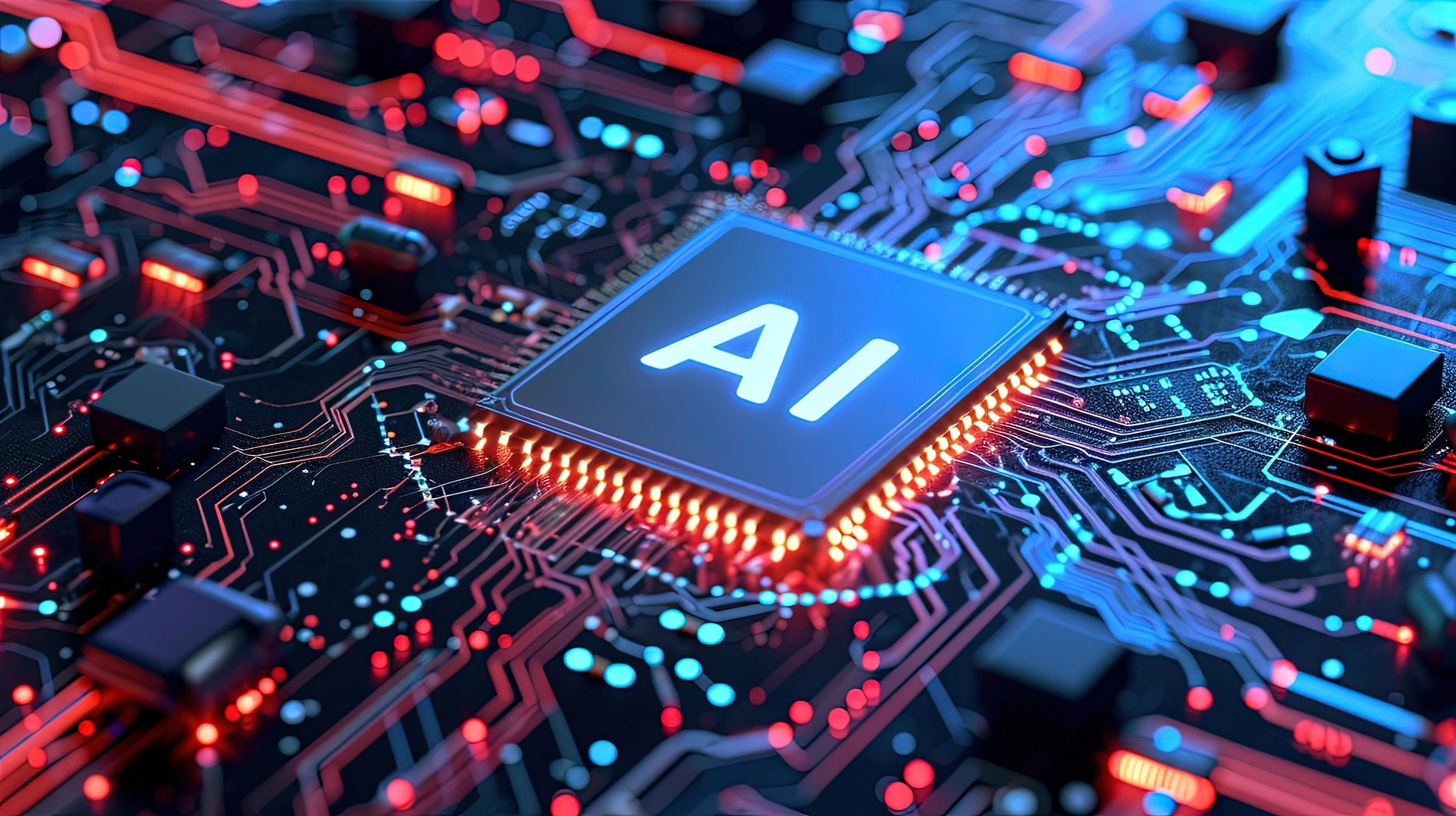The artificial intelligence (AI) sector is expected to reach a market value of $4.8 trillion by 2033, according to the UN Conference on Trade and Development’s (UNCTAD) Technology and Innovation Report 2025. This value is comparable to the size of Germany’s economy. However, the report warns that the benefits of AI are highly concentrated among a few dominant economies and corporations.
Just 100 companies, mostly based in the United States and China, account for 40% of global corporate research and development spending. Tech giants such as Apple, Nvidia, and Microsoft each boast a market capitalization of around $3 trillion—on par with the combined GDP of the African continent. This concentration risks leaving developing countries behind as digital transformation accelerates.
AI’s Disruption of Global Employment Requires Urgent Action
The report estimates that up to 40% of jobs globally could be affected by AI, raising the urgency for governments to enact proactive labor policies. While AI offers gains in productivity, it also threatens job displacement, especially in industries dependent on low-cost labor. The automation brought by AI tends to benefit capital more than labor, potentially widening the global income gap.
Despite these risks, the technology holds promise for creating new industries and empowering workers. Investing in reskilling, upskilling, and adapting workforce policies is essential. Without these efforts, AI could undermine employment, particularly in developing countries where labor cost advantages are central to competitiveness.
Infrastructure, Data, and Skills Are the Foundation for AI Readiness
AI is transforming the economic landscape and should be a core focus of national development strategies. UNCTAD emphasizes that effective AI adoption depends on three critical areas: digital infrastructure, access to data, and workforce skills. Nations that invest in these areas will be better positioned to adopt AI, foster local innovation, and align technological development with their social and economic needs.
UNCTAD supports developing countries in evaluating their capabilities and designing innovation-focused policies. This guidance aims to help them build resilient ecosystems that support AI deployment while avoiding deepened digital divides.
Developing Nations Excluded from Global AI Governance
While AI is shaping the global economy, 118 countries—mostly in the Global South—remain absent from international AI governance discussions. As regulatory frameworks and ethical standards for AI take shape, this exclusion risks reinforcing inequities and limiting the ability of these nations to influence AI’s global trajectory.
UNCTAD calls for stronger international collaboration to build a global framework that ensures equity, transparency, and inclusive growth. Secretary-General Rebeca Grynspan emphasized the need to keep people at the center of AI development and encouraged nations to “co-create a global artificial intelligence framework.”
A Policy Blueprint for Inclusive AI Development
The report proposes an action plan to make AI development more inclusive. Key policy areas include:
- Industry commitment: UNCTAD suggests the creation of a public AI disclosure mechanism, similar to the environmental, social, and governance (ESG) framework, to boost accountability.
- Shared infrastructure: A global shared facility could help developing countries access essential AI technologies.
- Open innovation: By promoting open-source and open-data models, countries can democratize AI knowledge and foster broader participation in innovation.
- Capacity building: South-South cooperation and other initiatives are needed to share AI knowledge and strengthen technical expertise in developing regions.
PHOTO: PIXABAY
This article was created with AI assistance.
Read More






 Friday, 23-01-26
Friday, 23-01-26







